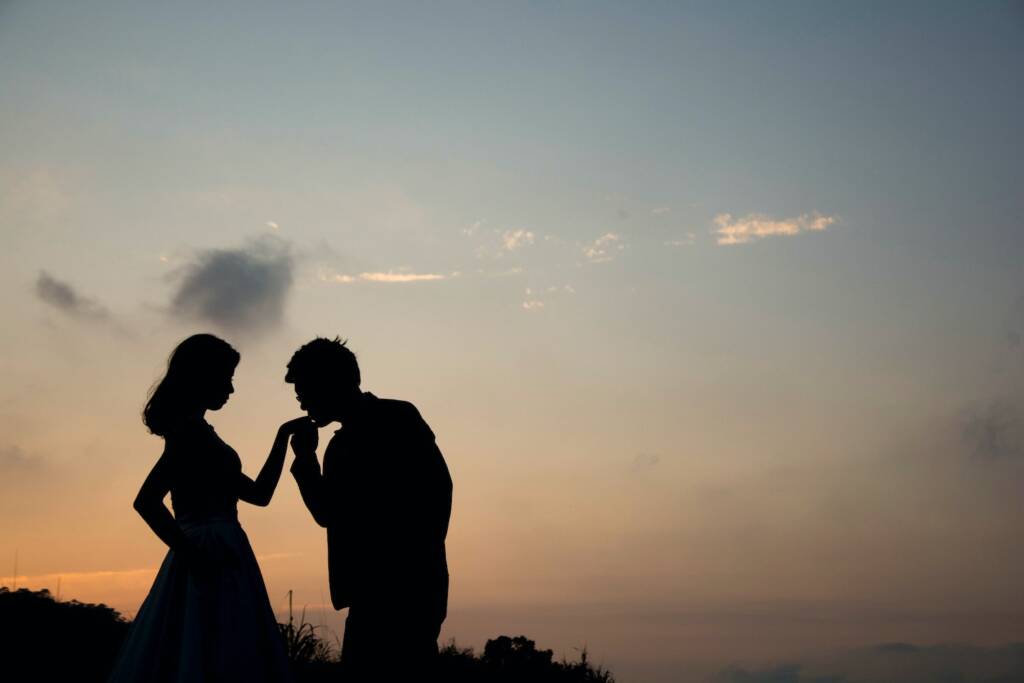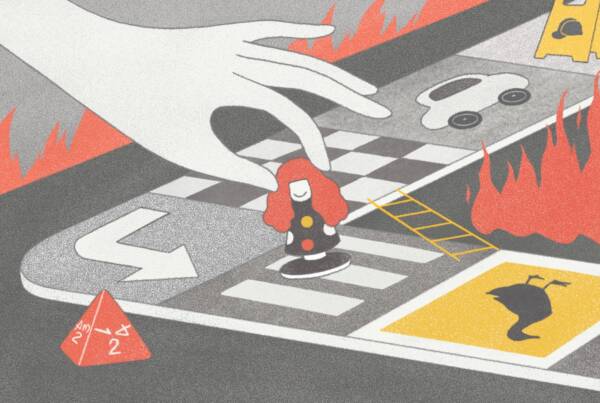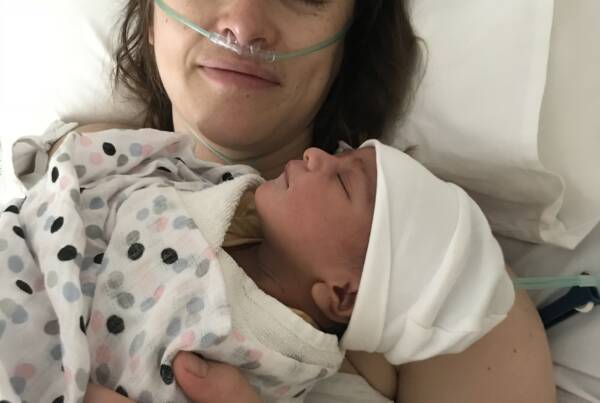Writing by Nikki Thorburn // photograph by 德綱
 So, I’m a feminist, right… but I have a confession to make. The thought of asking a man out makes me squirm. I know, I know, it’s old fashioned, but every man I’ve dated has been the one to make the move, to ask me out first.
So, I’m a feminist, right… but I have a confession to make. The thought of asking a man out makes me squirm. I know, I know, it’s old fashioned, but every man I’ve dated has been the one to make the move, to ask me out first.
Perhaps, as much as I hate to admit it, there’s a part of me that likes chivalry, that likes the man taking the lead and believe me, I realise that it’s complete bullshit. There’s nothing natural about it, I’ve just been socialised as a ‘female’ in a patriarchal society. I’ve been socialised to think that ‘courting’ involves the male pursuing the female and not the other way around.
This is the Romance Gap – the different ways that male/masculine presenting people and female/feminine presenting people are socialised to perform or behave while dating or in relationships.
Recent research that Bumble conducted with YouGov, found that gender dynamics in dating and relationships are still not only accepted but expected, with 52% saying men are expected to take the lead both in asking someone out, but also initiating the first kiss. Only 8% expected the same from a woman.
What the Romance Gap does is influence not only the way we think, but the way we perform within these relationships, and the way we perceive what are attractive qualities in our partners, and in ourselves.
Whilst he can divulge his love to her after a month and be considered ‘passionate’, if she does the same, she is considered ‘needy’. If he doesn’t text back he’s playing it cool, whilst if she doesn’t text back, she’s playing hard to get. She’s ‘feisty’ when she’s being honest and clear about what she wants, whilst he’s just ‘self-assured’ and ‘confident’. These discrepancies make meaningful connection impossible, as we trade in our authentic selves for a ‘role’ we think we’re supposed to play, for an invisible contract we think we’re bound too. All for what? To seem more desirable? More palatable? To put him at ease?
Bumble found that 52% of the population say the impact of gender roles makes people behave in a way that less true to who they are, and 33% of women felt they have changed their behaviour to make someone feel more powerful or comfortable whilst dating or in a relationship. It’s 2022 and this is still a thing?
All of us out here in the dating and relationship world are acting inauthentically just to appease our partners. It’s no wonder so many people find dating and romantic relationships so stressful! It is exhausting being someone we’re not.
So, how do we put an end to these patterns of behaviour in relationships? Well, firstly it involves awareness. Pay attention to that ‘squirmy’ feeling that you get when you challenge expected behaviours and thoughts. Why do I find the thought of asking a man out uncomfortable? Perhaps because society has told me that I could come across as desperate or too eager, even needy, if I did so. I know I am none of those things, so why don’t I try and see what happens?
Now that there’s a name for it – the Romance Gap, call it out when you hear your friends or family or work colleagues perpetuating these reductive tropes. Every time we challenge established ideas about what it means to be male or female in society, we disrupt the status quo, making room for our full, authentic selves to shine through.
What parts of yourself have you held back because of fear that you’d make him uncomfortable or make yourself look desperate? How many men have felt pressured to take the lead or disregard their emotions for fear of being too feminine, too emotional? Nobody is winning from the Gender Gap.
As Bumble underlines, equal connections make for equal relationships. Equality can only come about when we stop compromising and start living true to who we really are. Sounds simple, right?






